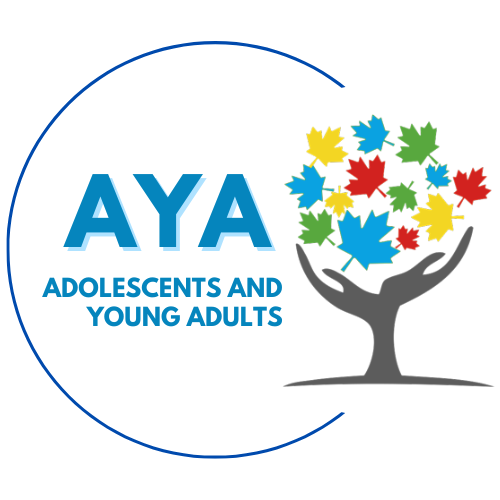Go to Health Care Provider version
| Diagnosis | Nasopharyngeal Carcinoma | Study Status | Open |
| Phase | II |
| Age | up to 21 Years | Randomisation | NO |
| Line of treatment | First line treatment |
| Routes of Treatment Administration | Drug: Cisplatin (IV)
Drug: Gemcitabine (IV)
Biological: Nivolumab (IV)
Radiation: Radiation Therapy |
| Last Posted Update | 2025-11-24 |
| ClinicalTrials.gov # | NCT06064097 |
International Sponsor
National Cancer Institute (NCI)Principal Investigators for Canadian Sites
CHU Ste Justine - Dr. Monia Marzouki
The Hospital for Sick Children (SickKids) - Dr. Avram Denburg
CHU de Sherbrooke - Dr. Josée BrossardCentres
Medical contact
Dr. Henrique Bittencourt
Dr. Monia Marzouki
Dr. Sebastien Perreault (neuro-onc)
Social worker/patient navigator contact
Marie-Claude Charrette
Clinical research contact
Marie Saint-Jacques
Medical contact
Dr. Josee Brossard
Social worker/patient navigator contact
Please Contact Site Directly
Clinical research contact
Please Contact Site Directly
Study Description

This study is testing a new treatment for a type of cancer that grows behind the nose, called nasopharyngeal carcinoma (NPC). This study is checking if a medicine called nivolumab, when used with chemotherapy drugs such as gemcitabine and cisplatin, can help the body's immune system fight the cancer. Chemotherapy helps stop cancer from growing, and later, radiation is used to shrink the tumor.
They are also exploring whether children with NPC can safely receive less radiation, which may help reduce side effects.
Inclusion Criteria
- Participants must be ≤ 21 years of age
- Newly diagnosed nasopharyngeal carcinoma (NPC) that has spread
- Participants must be up and about at least 60% of their waking hours
- Must meet all bloodwork and organ function requirements outlined in the study
- Participant or parent/guardian must sign informed consent form and agree to the study requirements
Other inclusion and exclusion criteria may apply and will be discussed with you by the study team